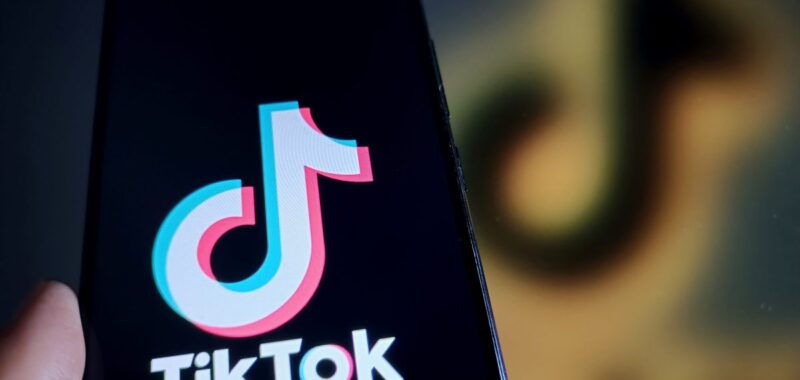
Global tech giants including Meta, TikTok and Google have heavily criticized Australian legislation to ban children under 16 from accessing social media platforms, setting the stage for a policy fight as the government tries to push the bill through parliament this week.
Under the proposed law, Australians under 16 years of age will be prohibited from setting up accounts on all major social media sites including Facebook, Instagram, Snapchat and Reddit, even if they obtain parental permission. The social media giants will be responsible for policing the ban, under threat of fines of up to 50 million Australian dollars ($32.5 million).
The center-left Labor government has not laid out how proposed age verification technology will work, although Communication Minister Michelle Rowland told her parliamentary colleagues last week that it would not involve uploading personal identification.
The Australian Senate, or upper house of parliament, is holding a short inquiry into the legislation which is due to report by Tuesday; however, given the legislation has support from the center-right opposition it is all but certain to become law within days.
In submissions to the Senate inquiry, tech companies warned of unintended, negative consequences from the rapidly-drafted laws.
TikTok ANZ’s director of public policy Ella Woods-Joyce described the legislation as “rushed” and “unworkable” in her submission, pointing to poor privacy safeguards. Meta said the social media ban “overlooks the practical reality of age assurance technology.”
Both Meta and Google said it was important for Australia to wait until a national trial of age verification technology was completed before passing the bill.
“In the absence of such results, neither industry nor Australians will understand the nature or scale of age assurance required by the Bill nor the impact of such measures on Australians,” Meta said in its submission.
At the same time, Elon Musk’s X Corp said the bill was “alarming,” adding that it had “serious concerns as to the lawfulness of the bill,” potentially setting up a court challenge to the legislation.
“There is no evidence that banning young people from social media will work, and to make it law in the form proposed is highly problematic,” X said in a submission to the committee, adding that the bill was “vague.” Musk’s social media site, formally known as Twitter, has already taken the Australian government to court multiple times over its attempts to rein in social media.
Almost all tech companies warned that the laws could also damage the mental health of young Australians if they were rushed through, by cutting off vulnerable teenagers from online community support networks.

